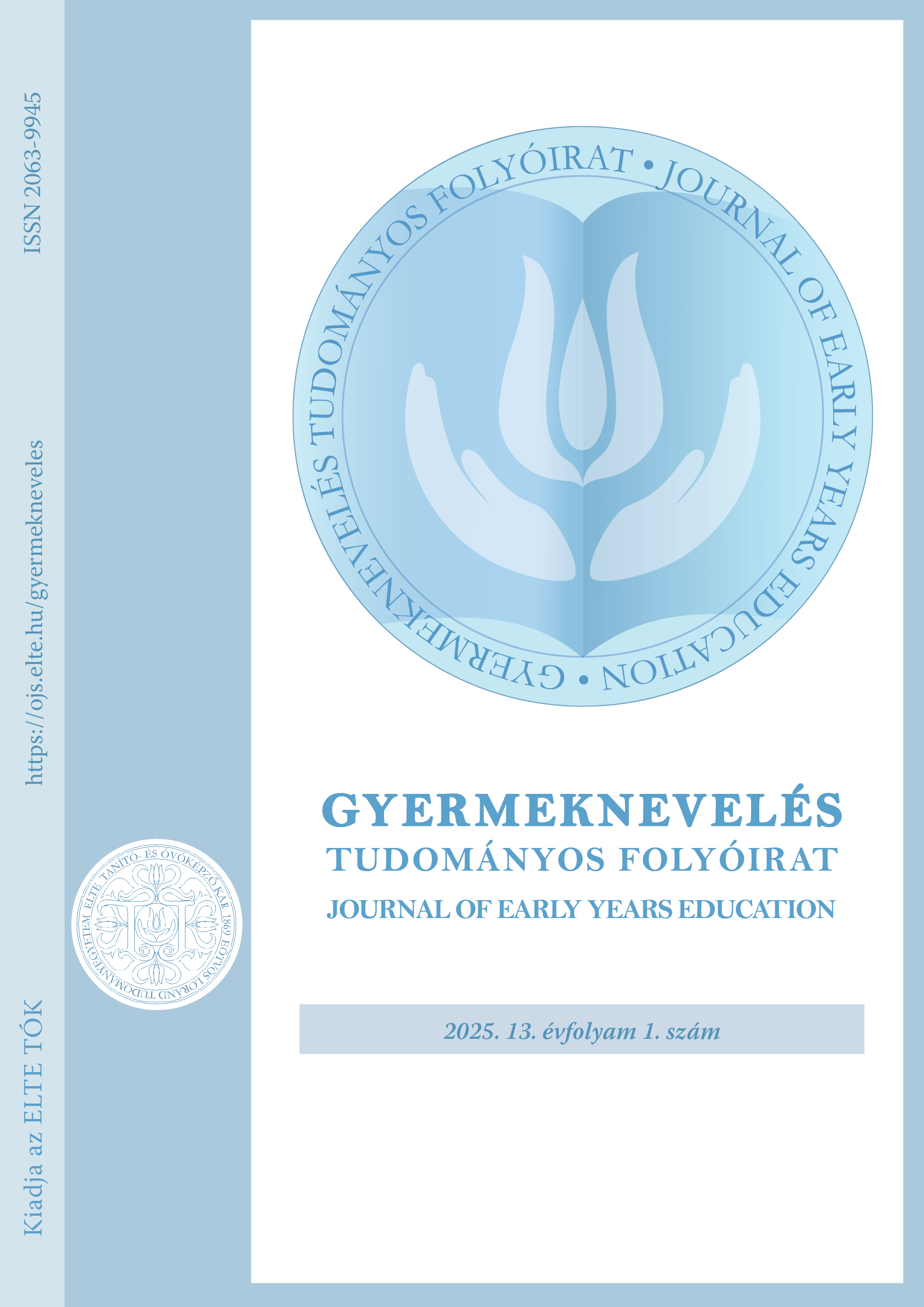Education for sustainability in Benkő István Elementary and High School of Reformed Church
DOI:
https://doi.org/10.31074/gyntf.2025.1.186.194Keywords:
scientific methods of inquiry, complex natural sciences, whole-school sustainability educationAbstract
The term sustainability, which is becoming increasingly prominent and fashionable, is also gaining more and more importance in education. This approach cannot be narrowly limited to a specific subject, just as the exploration of the world around us cannot be categorized into a single scientific field. Therefore, education for sustainability is most effective in an educational institution when the attitude of sustainability permeates the entire operation of the institution. In this study, I aim to share the best practices that we have implemented in my school over recent years with the help of colleagues, management, and various external professional organizations. The focal point of these best practices is always the understanding of the world of creation within a system and the acquisition of a scientific mindset. Essential to these goals is the strengthening of connections between subjects and the promotion of subject integration. Practical methods prioritize activities and engagement that build on student participation and activity, interpreting learning as discovery. Achieving these goals requires the continuous sensitization and training of educators, as well as the use of appropriate teaching materials and resources.
Downloads
References
/2020. (I. 31.) Korm. rendelet a Nemzeti alaptanterv kiadásáról, bevezetéséről és alkalmazásáról szóló 110/2012. (VI. 4.) Korm. rendelet módosításáról. https://njt.hu/jogszabaly/2020-5-20-22 (2024.08.30.)
/2012. (VI. 4.) Korm. rendelet a Nemzeti alaptanterv kiadásáról, bevezetéséről és alkalmazásáról. https://njt.hu/jogszabaly/2012-110-20-22 (2024.08.30.)
/1995. (X. 26.) Korm. rendelet a Nemzeti alaptanterv kiadásáról. https://njt.hu/jogszabaly/1995-130-20-22, https://njt.hu/jogszabaly/2020-5-20-22 (2024.08.30.)
Benkő (sz.n.). Zöld úton járunk. https://benkorefi.hu/zold-uton-jarunk/ (2024.08.30.)
Bíró, M. & Molnár, Zs. (2011). Milyen természetes a környezetünk? Terepi adatlap a MÉTA Természetesség mérőjéhez. Magyar Környezeti Nevelési Egyesület.
Csizmadia, L. (2014). Csodálatos Természet: Természetismeret (Biológia) – Tanulói kísérletgyűjtemény-munkafüzet az általános iskola 5. osztálya számára. A siófoki Perczel Mór Gimnázium tanulói segédlete. Siófok Város Önkormányzata, a KEIOK Kft. és az INNOBOND Kft.
ENSZ Fenntartható Fejlődési Célok https://sdgs.un.org/2030agenda (2024.02.04.)
Farkasné Nagy, K. (2022). Foglalkozásgyűjtemény a természettudomány tanításához 5. osztály. Református Tananyagfejlesztő Csoport.
Fenntarthatóság részletes érettségi vizsgakövetelmények. (2022). Fenntarthatóság részletes érettségi vizsgakövetelmények. https://www.oktatas.hu/pub_bin/dload/kozoktatas/erettsegi/vizsgakovetelmenyek2024/fenntarthatosag_2024.pdf (2024.02.04.)
Kerettantervek (2020). Kerettantervek az egyes iskolatípusra, pedagógiai szakaszra, tantárgyra, vagy sajátos köznevelési feladat teljesítéséhez. https://www.oktatas.hu/kozneveles/kerettantervek/2020_nat/kerettanterv_7_melleklet (2024.02.04.)
Református Tananyagtár. https://reftantar.hu/rolunk/ (2024.10.30.)
UNESCO (2017). Fenntartható fejlődési célok oktatása – Tanulási célok. Eszterházy Károly Egyetem Oktatáskutató és Fejlesztő Intézete. https://ofi.oh.gov.hu/node/181079
Downloads
Published
How to Cite
Issue
Section
License
Copyright (c) 2025 Author

This work is licensed under a Creative Commons Attribution-NonCommercial-ShareAlike 4.0 International License.

